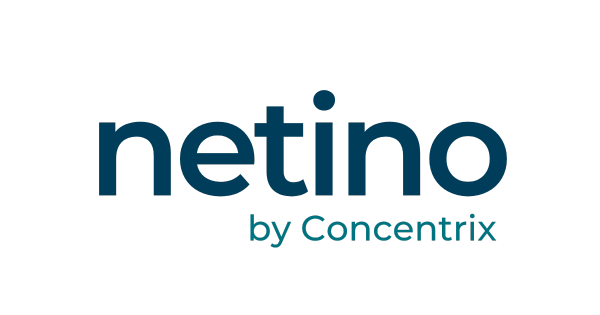Survival Guide in the Digital Environment
Social networks are an integral part of our daily lives, and like any digital tool, the numerous advantages they offer come with a certain number of risks. You can find, in one of our recent articles, ways to combat cyberbullying. Regarding the risks of addiction and confinement, we recommend the excellent documentary “The Social Dilemma,” available on Netflix. But what about your personal data? Sharing your private life, even by limiting access to your account, is not without risk! So here are some rules to ensure a safe digital life and minimize the intrinsic risks of platforms.

| What are these risks?
Identity theft is one of the most serious risks associated with using social networks. Personal data can be used to create false identities, open bank accounts, and take out loans quite easily, provided you leave enough critical information lying around. The list of financial and legal consequences is long, and such situations can quickly turn into a nightmare.
What you post online can also have a direct impact on your life. Nearly 75% of recruiters check your social networks before even meeting you; a compromising photo or highly politicized messages can lead to job rejection, dismissal, or hinder you in finding housing or accessing certain services.
Finally, this personal data can also be used to manipulate you. With algorithms fed by the wealth of information collected about you across pages, it’s possible to influence your political opinions by highlighting certain content. As the Cambridge Analytica scandal showed, this isn’t just a scenario from Black Mirror.
We’re not discussing scams, phishing, extortion, or hacking here, but these are additional reasons to be cautious online.
| How to protect yourself?
Sharing as little personal information as possible is obviously a first step. Without even mentioning party photos or compromising situations, we recommend avoiding sharing your full name, address, phone number, or any other sensitive information. A simple photo of your face today allows anyone to find all your accounts (even those long forgotten). So, we strongly encourage you to be cautious and delete inactive profiles.
That said, it’s always good to ensure strong online privacy. For any information you’re not ready to share with the world, choose who can access it and only grant access to trustworthy individuals. You can navigate through advanced privacy settings, where it’s generally possible to hide your date of birth, place of residence, and any other type of information. A good way to avoid identity theft!
You might think we bring it up too often, but one can never talk enough about passwords. Do you use the same password for all your accounts, and has it not been changed for years? It should be replaced quickly! Use strong and unique passwords of at least twelve characters, generated randomly, and keep them carefully on paper. With basic equipment, the simplest passwords can be cracked instantly, and it’s even easier if you use your name, your children’s names, their birthdates, or any personal information.
| What are your rights?
With the entry into force of the General Data Protection Regulation (GDPR) in 2018, users have new rights on the internet. The right to access their personal data by requesting a copy, to rectify them, to withdraw their consent, but also and above all, to request their deletion if they are no longer necessary for the purposes for which they were collected.
It is also possible to object to or limit the processing of this data in certain contexts. All these rights are to be exercised directly with the company, which must respond within one month. A way to avoid certain abuses to which the collection of data exposes you (such as intrusive targeted advertising) or any malicious use in case of a leak.
Like any company working on digital issues, Netino is required to process your personal data. We take this matter very seriously, so for more information, you can visit our website or contact our teams.

N'hésitez pas à partager cet article !
"Survival Guide in the Digital Environment"

